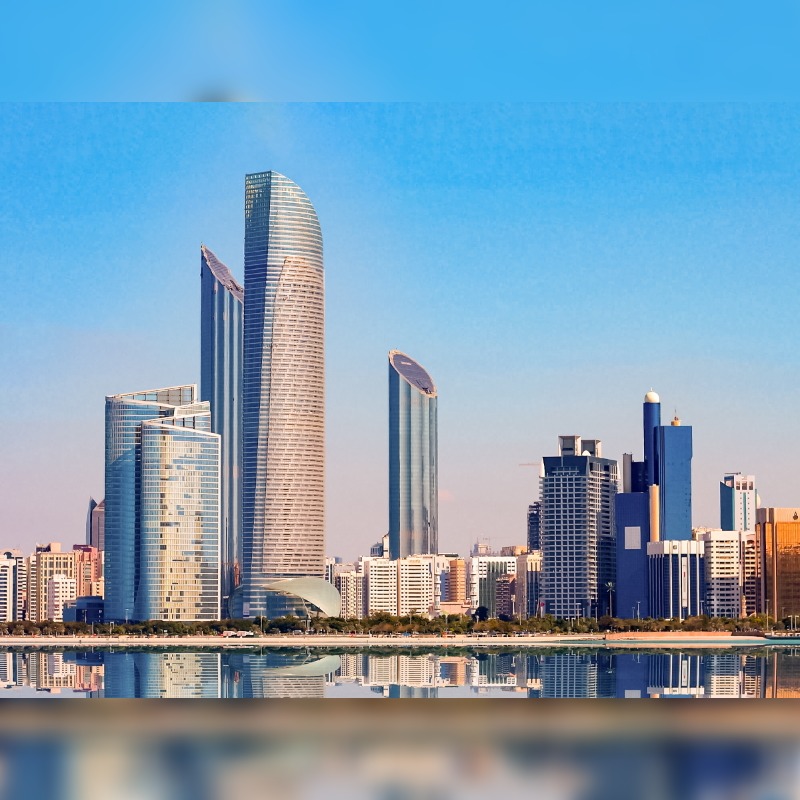
The Growth Of The Real Estate Industry In Abu Dhabi
Abu Dhabi’s real estate industry has transformed into a robust, diversified, and globally attractive sector, fueled by government reforms, mega projects, and rising foreign investment.
Here are some important factors that are responsible for this growth:
- Economic Context
Abu Dhabi, the capital of the UAE, accounts for nearly 60% of the country’s GDP, largely driven by oil and gas.
To diversify, the Emirate has been heavily investing in real estate, tourism, finance, and culture, creating strong demand for housing, commercial, and mixed-use developments.
- Government Initiatives Driving Growth
Vision 2030: Abu Dhabi’s Economic Vision 2030 emphasizes urban development, infrastructure, and real estate expansion.
Foreign Ownership Laws: Since 2019, expats can own freehold properties in designated investment zones (e.g., Saadiyat Island, Yas Island, Al Reem Island). This opened the market to global investors.
Golden Visa Program: Long-term residency for property investors further boosts confidence.
- Key Growth Drivers
Population Growth: Steady increase in residents and expatriates is pushing housing demand.
Mega Projects:
Saadiyat Island: Cultural hub with the Louvre Abu Dhabi, Guggenheim (under development), luxury villas, and apartments.
Yas Island: Entertainment and lifestyle destination with Ferrari World, Yas Mall, and residential communities.
Al Reem Island: High-rise residential and commercial hub popular with expats.
Tourism & Hospitality: Hotels, serviced apartments, and short-term rentals are expanding due to rising tourism and events like Formula 1 at Yas Marina Circuit.
Sustainability: Developments such as Masdar City focus on green building, aligning with UAE’s net-zero 2050 targets.
- Recent Market Trends
Strong Sales Growth: 2023–2024 saw record property transactions, with billions worth of deals. Villas and luxury waterfront homes are in high demand.
Rental Market Expansion: Rising rents due to increased demand from expats and corporate professionals.
Smart Cities & Technology: Integration of AI, smart infrastructure, and proptech for property management and urban planning.
- Challenges
Oversupply risk in certain segments (particularly high-end apartments).
Global economic fluctuations affecting investment appetite.
Balancing affordability with luxury-focused developments.
- Future Outlook
Sustained Growth: Forecasts show continuous expansion fueled by foreign investment, population growth, and government-backed projects.
Luxury & Lifestyle Focus: Abu Dhabi is positioning itself as a luxury real estate hub in the Gulf, complementing Dubai.
Expo 2030 in Riyadh & regional events will spill over economic benefits, further boosting Abu Dhabi’s attractiveness.
The future points toward sustainable, smart, and luxury-driven growth.






